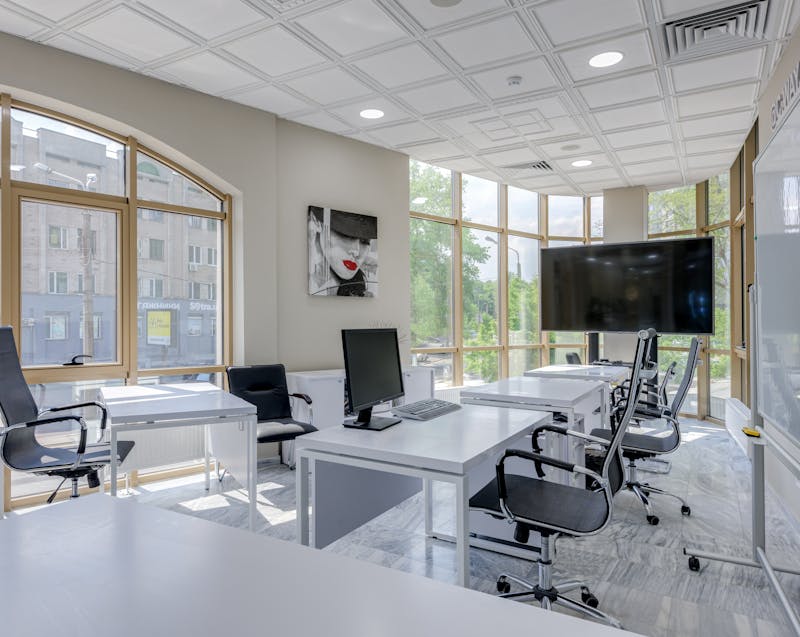The price of repairs for water purification or treatment systems may cost within the national average of $466 this year, although you could spend as low as $65 up to $1,800 depending on several factors.
Your location affects the actual cost of fixing broken units. For instance, repairing water filtration systems in Park City, Utah may be more or less expensive than in Salt Lake City. Homeowners should know that rates vary in different cities compared to suburban areas, where the cost of living is generally lower. A higher demand for services could temporarily increase rates as well, while you should avoid scheduling repairs beyond business hours since contractors charge extra for that.
Basic Troubleshooting Tips
It is natural to think if hiring an HVAC professional is more economical than replacing the old unit, but there are ways to troubleshoot the system before making a phone call. Those who have malfunctioning distillers should try to restart the system after waiting for a few hours. If it still fails to work, you may need to replace the filter or remove mineral build-up inside the unit. These two are common repairs that should not be expensive.
The same issues affect purification systems for an entire home, aside from replacing a broken cartridge. It may be difficult to remove an old cartridge before installing a new one. If you are not familiar with your unit’s interior, it is better to hire a professional to do this job. Consider a monthly or quarterly visit from a contractor to inspect a whole-house system. The small recurring expense may be worth it than paying a large upfront cost for repairs.
Improving Water Quality
 One more way to prevent costly repairs requires you to be aware of some tricks to improve water quality. By reducing dependence on a water purifier, homeowners can prolong its lifespan. For instance, a whole-house system may not be the best choice for a small household unless there are high levels of lead contamination from the water source. Otherwise, it is more practical to invest in a water distiller or a faucet purifier if the only concern involves potable water.
One more way to prevent costly repairs requires you to be aware of some tricks to improve water quality. By reducing dependence on a water purifier, homeowners can prolong its lifespan. For instance, a whole-house system may not be the best choice for a small household unless there are high levels of lead contamination from the water source. Otherwise, it is more practical to invest in a water distiller or a faucet purifier if the only concern involves potable water.
If it is clean yet has an undesirable taste, a reverse osmosis system is your answer. This is usually placed at the kitchen sink, and it works by removing pollutants and bacteria while retaining oxygen and certain minerals for a much better taste. Remember that purifiers installed on taps can be done without the help of a professional, while more complex installations such as whole-house units and reverse osmosis require the expertise of a certified plumber.
When choosing an HVAC contractor, find a licensed and insured service provider that is nearest to your home. Ask at least three quotes from different companies for the best comparison of rates, and remember that the cost should be 50% cheaper than the price of a replacement for repairs to become a practical choice. How much are you willing to spend on repairing your water filtration unit?





